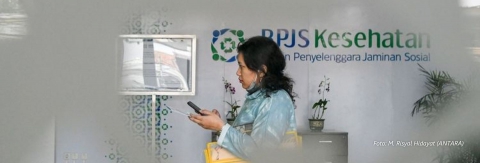Over the last decades, universal health coverage (UHC) has been promoted in south-east Asia (SEA), where many countries still need to ensure adequate financial protection to their populations. However, successful health financing reforms involve complex interactions among a range of stakeholders, as well as with context factors, including shocks and crises of different nature. In this article, we examine recent health financing reforms in Nepal, Thailand and Indonesia, using a political economy lens. The objective is to understand whether and how crises can be utilised to progress UHC and to analyse the strategies used by reformers to benefit from potential windows of opportunity.
Research Topic
Keywords
political economy analysis (PEA)
health financing
Southeast Asia
Publication Type
Journal Article




